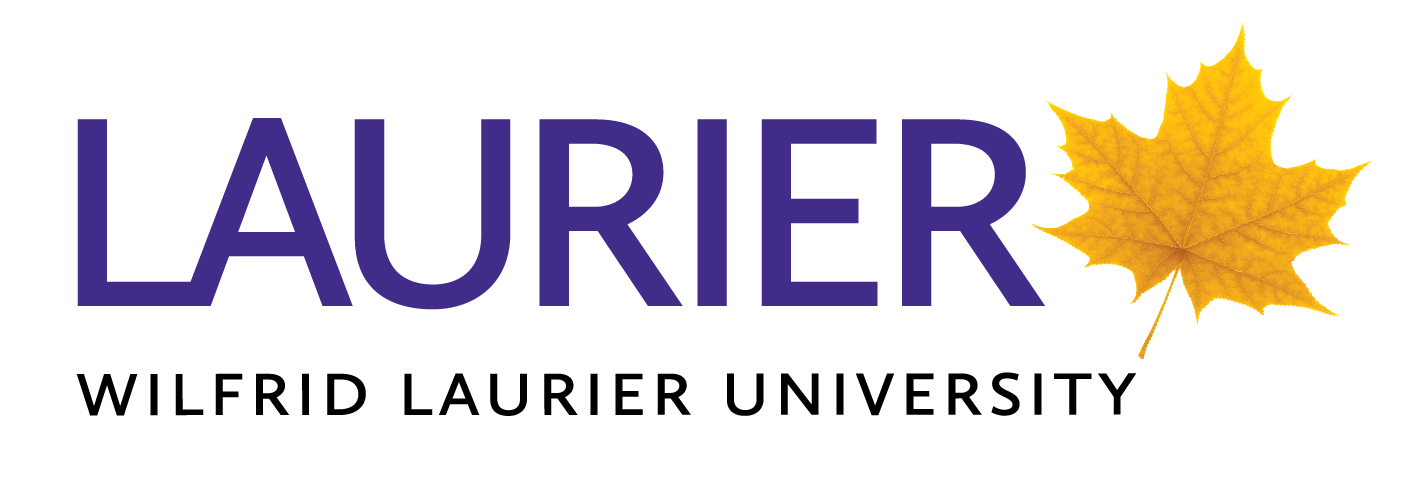0108 - Trauma and Addictions
Course Description
Hours: 12
Recent research has confirmed what addiction treatment providers already knew to be true: the large majority of people who suffer from addiction issues also have a history of trauma and/or victimization. Experiences of trauma can cause lasting psychological and physiological effects, including deficiencies in emotional regulation, problem solving and impulse control. This, in turn, can lead to the use of alcohol, drugs and/or addictive behaviours as a "functional fit" to cope with overwhelming emotions, physical dysregulation and other post-traumatic symptoms.
This two-day (remote)/6-week (online) course explores the connection between trauma and addiction with a focus on providing knowledge, tools and resources to effectively serve clients who are dealing with both trauma and addiction issues.
Learning Outcomes
Upon completion of this course, participants will be able to:
- Explain the link between trauma and addiction, including the neurobiology, physical and emotional responses of trauma and how they intersect with addictions.
- Impact of Adverse Childhood Experiences on future substance use dependency.
- Understand the impact of compassion fatigue when providing treatment to individuals with trauma/addictions.
- Being FULLY with the client, supporting connection, attachment and safety.
- The importance of integrating a trauma-informed care within organizations and service delivery model for addiction treatment.
- The impact of stigma, either visibly and invisibly, and how it operates within the structures of treatment for addictions and mental health.
- Understand addiction as a survival/coping strategy for traumatic memories and symptoms.
- The understanding and role of structured dissociative approach within substance abuse treatment.
- Teach clients tools and practical strategies to regulate autonomic arousal and trauma-related emotions and body sensations without resorting to addictive behaviours.
- Explain and demonstrate strategies for flashback management.
- Review the of seeking safety model and ATRIUM Model, supporting a trauma-informed care approach.
CACCF: 12 continuing education hours
Notes
For more information contact the Faculty of Social Work Professional Development office:
Email: fswprofessionaldevelopment@wlu.ca
Phone: 548-889-4967
Cancellations and Transfers
Be sure to carefully review our cancellation and transfer information before registering.
Recommendations
There is quite a bit of overlap between this course and Foundations of Trauma, so we don’t recommend taking both Foundations of Trauma and Trauma and Addictions.Applies Towards the Following Certificates
- Addictions Certificate : Addictions Certificate
- Trauma Certificate : Trauma Certificate

